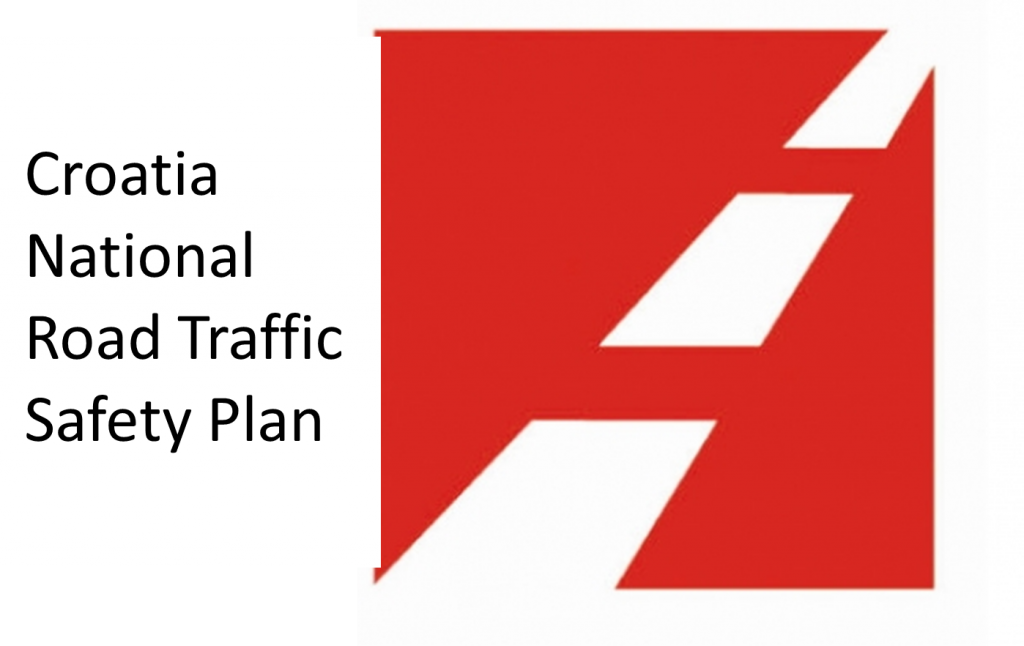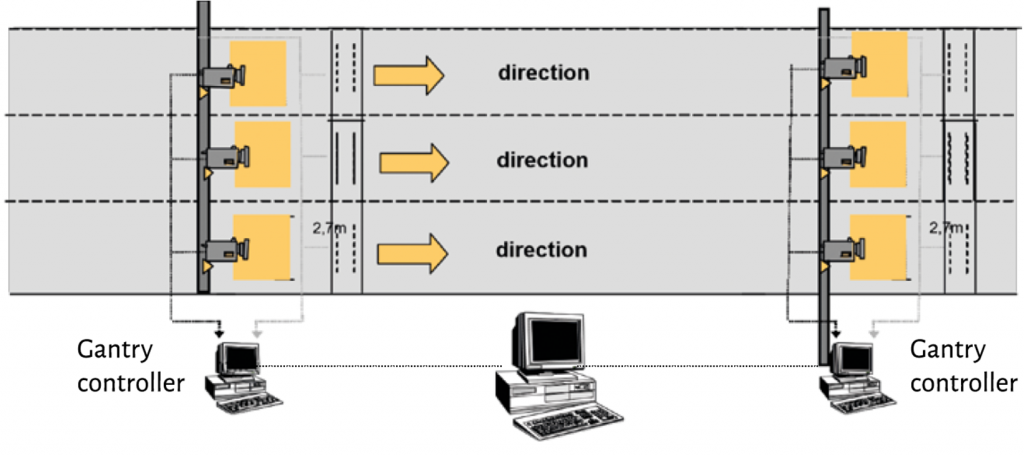
Project abstract
The main goal of the VTSM-mco project is research in the field of developing an advanced decision support model for motorway section safety management based on multicriteria optimization. The system is based on the assessment of the probability of traffic accidents on the motorway based on the so-called crash potential theory. Based on this assessment, the system recommends active measures to reduce the probability of their actual occurrence.
Basic needs for research
According to the World Health Organization (WHO), road safety is a significant public health concern, with road traffic accidents leading to significant death and injury worldwide. Some of the key issues highlighted by WHO data include:
-The staggering statistic that 1.3 million people lose their lives each year in road traffic accidents, making it the leading cause of death among young people aged 15-29 years.
-The financial impact of road traffic accidents, which on average cost 3% of a country’s gross domestic product and can impede economic development.
-The disproportionate number of vulnerable road users, such as pedestrians, cyclists, and motorcyclists, who are disproportionately affected by road traffic accidents, due to their lack of protection in case of a crash.
-The fact that 93% of all road fatalities occur in low- and middle-income countries, despite these countries only having 60% of the world’s vehicles, indicating that these countries may lack the same level of road safety infrastructure and regulations as higher-income countries.
-Road traffic injuries are the leading cause of death for children and young adults aged 5-29 years, as per the WHO’s data.
Similar results are in Croatia, also. This data highlights the severity of the road safety problem, and the need for improvement of existing road traffic safety management systems [1, 2].
Basic features of traffic safety on motorways:
High Speeds: Motorways are designed to be driven at high speeds, which can significantly increase the risk of crashes and make them more severe when they do occur.
Depending on weather conditions: Bad weather such as rain, snow, fog or strong winds can make driving on motorways more dangerous and increase the risk of a crash.
Human Behavior: Driver behavior such as distracted driving, fatigue, etc. also plays a significant role in traffic safety, especially on motorways.

Project goals:
- In this project, the goal is to explore the possibilities of developing an advanced decision support system model for safety management on a motorway section. The system is based on the assessment of the probability of traffic accidents on the motorway – so-called: crash potential theory. Based on this assessment, the system recommends active measures to reduce the probability of their actual occurrence.
- In the continuation of the project, a management model based on the ANFIS methodology and real-time measurement of the values of the selected parameters of the traffic flow would be developed. In addition, some external factors (time of day, weather conditions, etc.) affecting traffic safety would also be included. This approach is important for improving existing algorithms for managing variable traffic signs on motorways.

Phases of the project:
- Overview of the current state of research in the world (SOTA),
- Study of user and system requirements,
- Development of the theoretical model of crash potential (adaptation),
- Development of a simulation platform,
- The concept of the ANFIS model of system management
Project team members:
Prof.Sadko Mandžuka, PhD
Prof.Goran Kos, PhD
Prof. Marko Šoštarić, PhD
Prof.Pero Škorput, PhD
Ass.Prof. Miroslav Vujić, PhD
MSc. Davor Bičanić (HAC), (HAC, d.o.o.)
Luka Dedić, mag.ing.traff. (Prometis d.o.o.)
Project leader: Prof. Sadko Mandžuka, PhD
Duration of the project: 01-01-2023 to 01-10-2023
Project budget: 27,206.96 EUR
